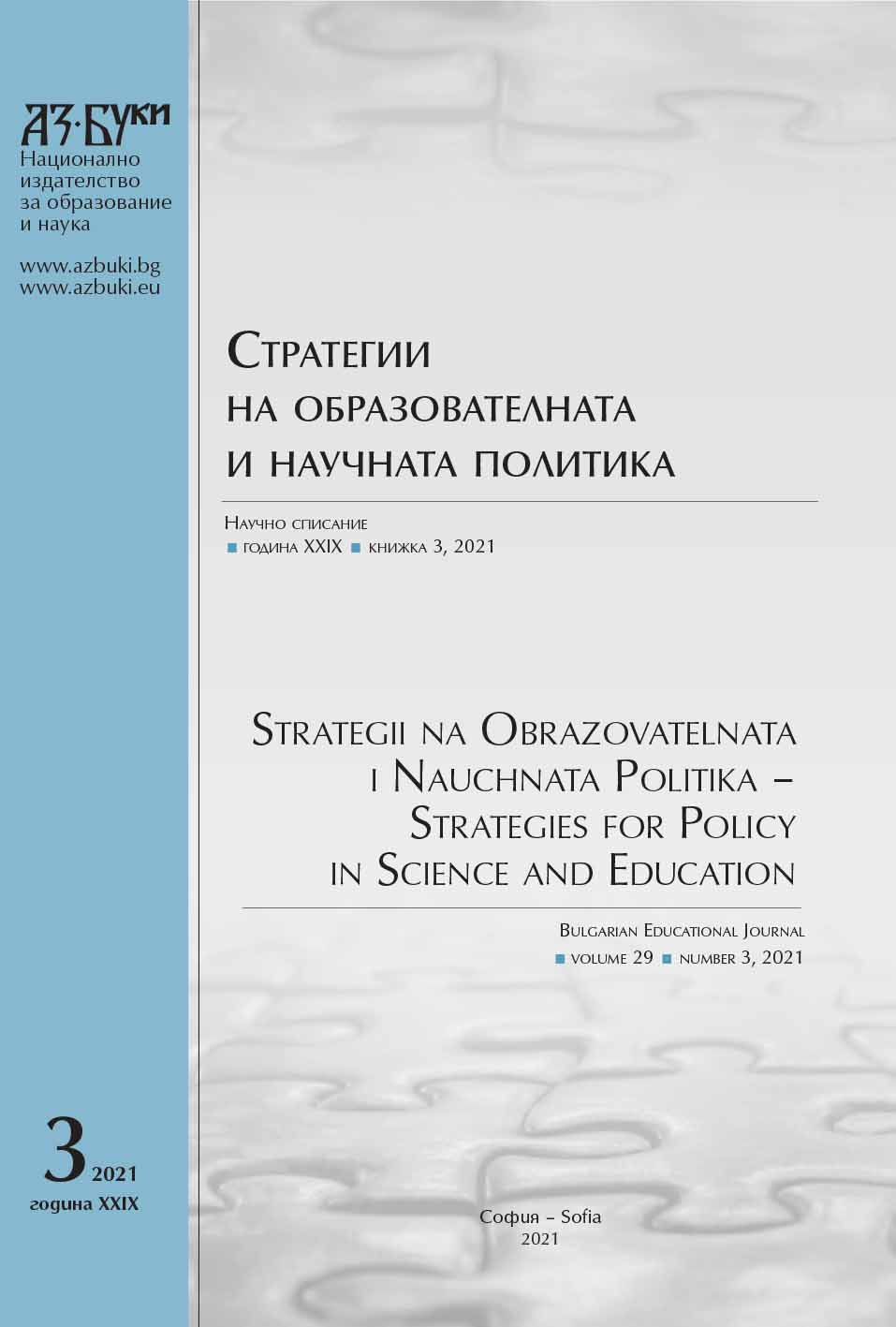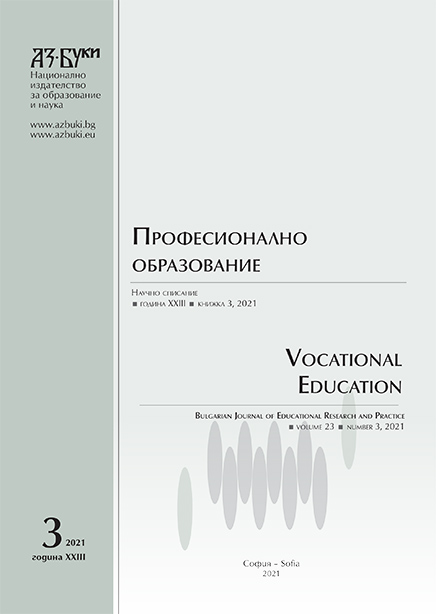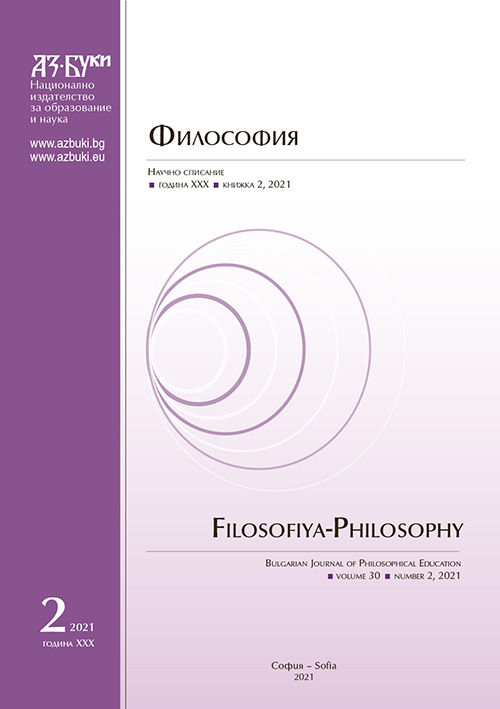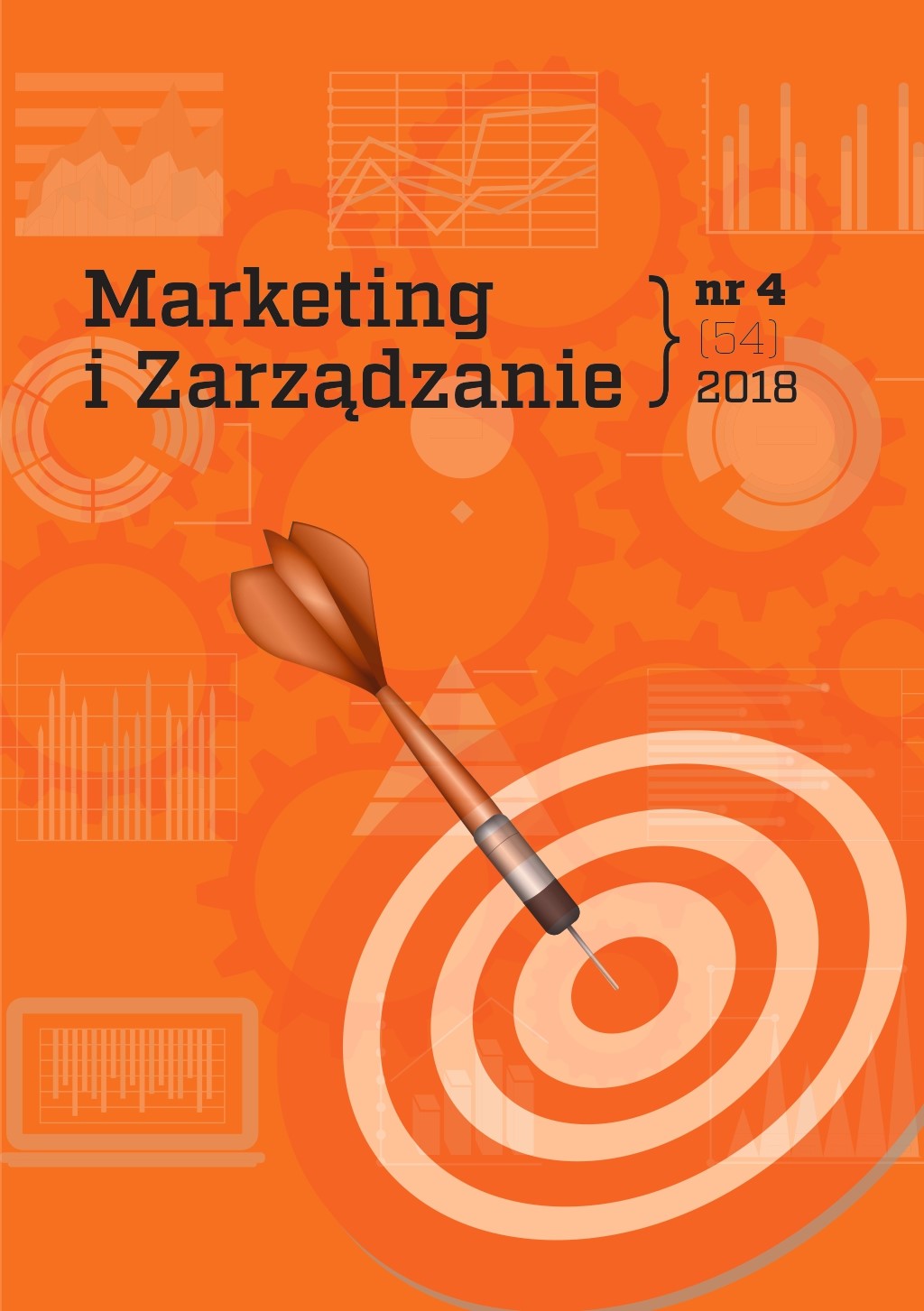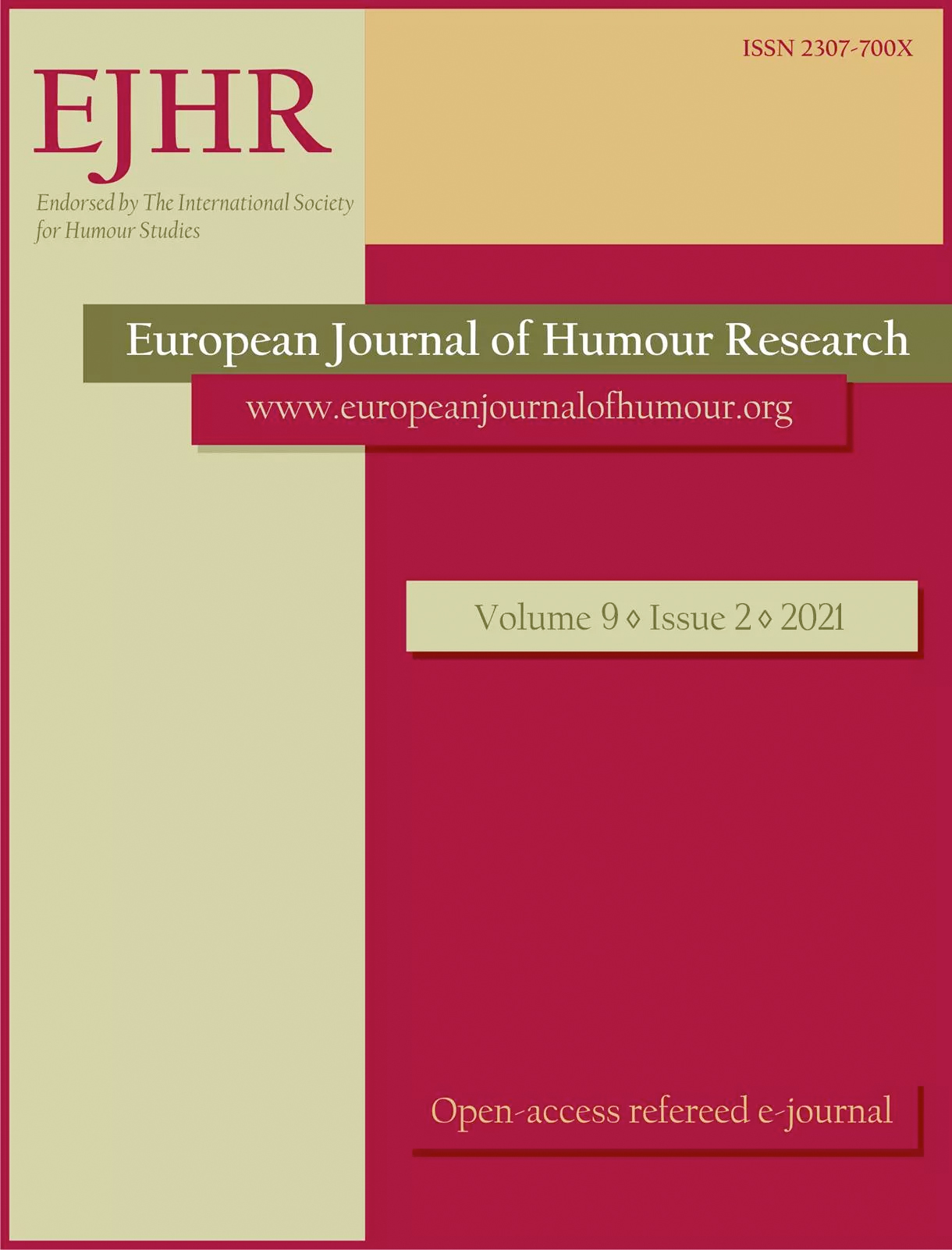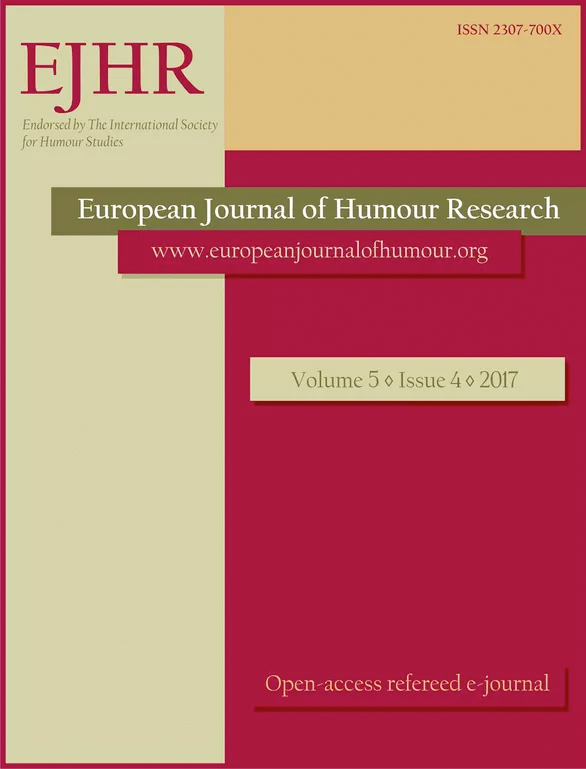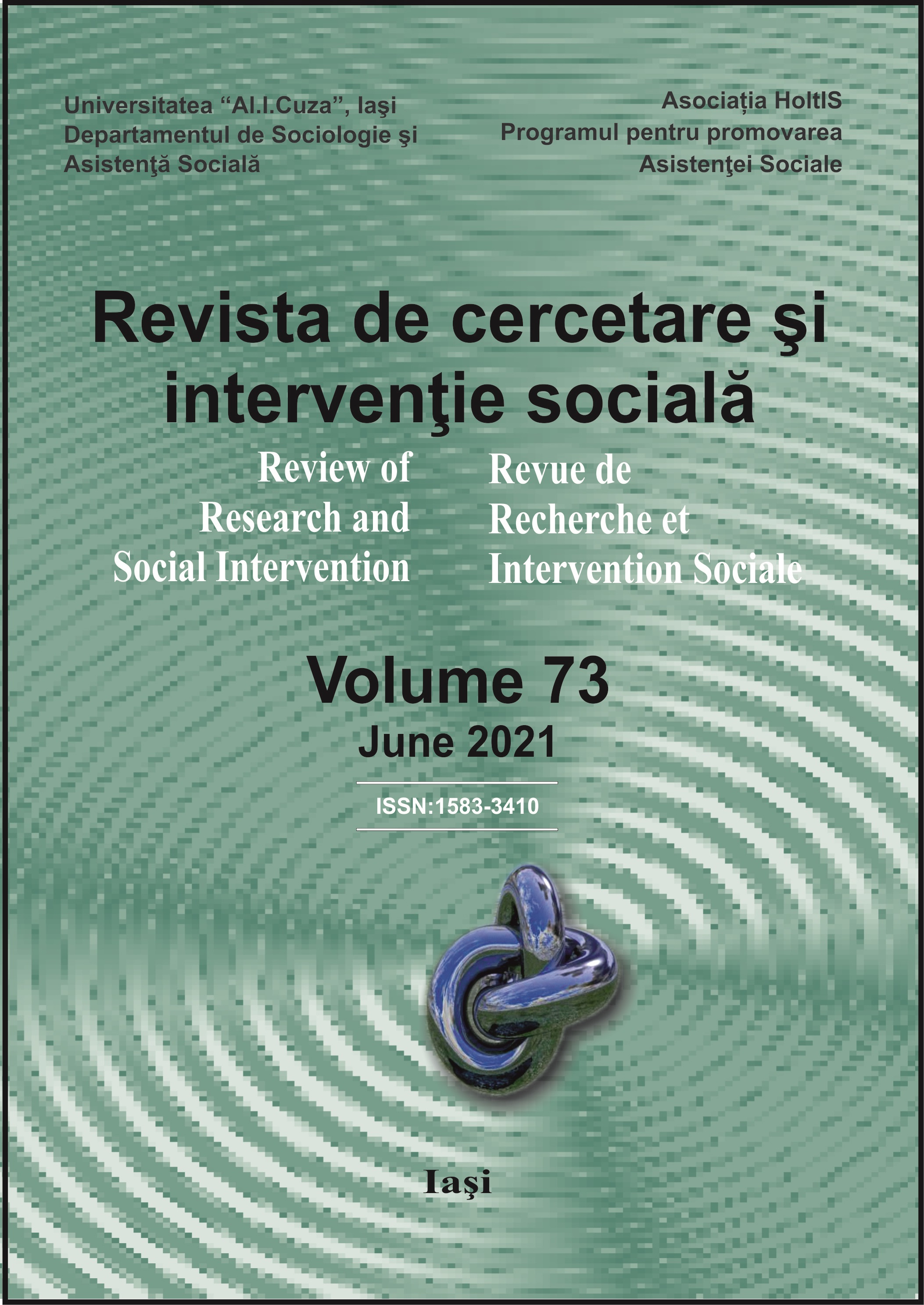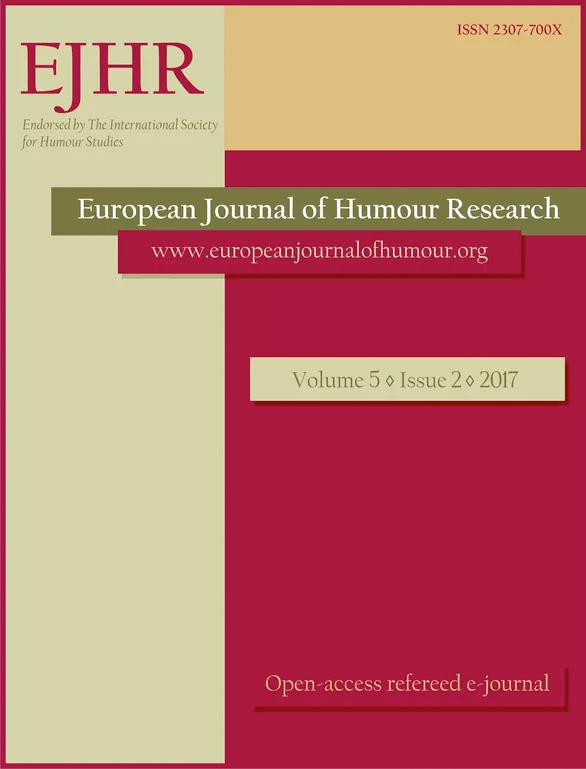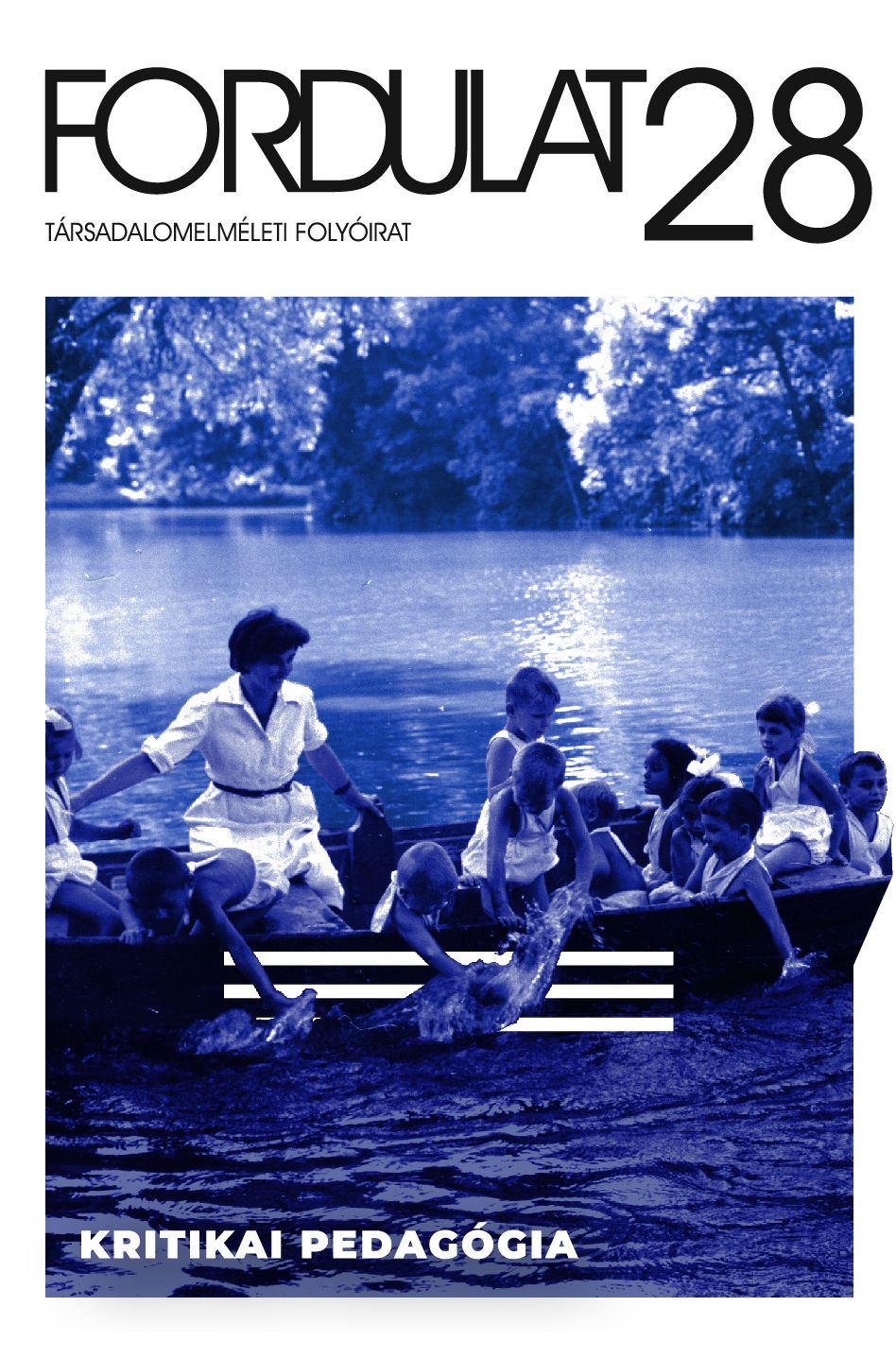
Olvasni a szöveget, érteni a közeget
A kritikai pedagógia olvasatában a tanítás és tanulás szükségszerűen politikai tett, aminek elsődleges célja, hogy egy igazságosabb és egyenlőbb társadalom létrejöttéhez járuljon hozzá. Ennek a hozzájárulásnak a mikéntje azonban számos kérdést vet fel a pedagógiai gyakorlat szempontjából. A vonatkozó irodalom ritkán beszél módszerekről, vagy technikákról, mivel alaptételének tekinti, hogy a társadalmi viszonyok és a pedagógiai gyakorlatok szoros egysége miatt a módszer soha nem lehet állandó. Emiatt jellemzően nem egyszerű praktikus kapaszkodókat találni sem a módszerek kidolgozásához, sem pedig a pedagógiai gyakorlatok újraértelmezéséhez. Ez az írás elsősorban a gyakorlati tapasztalatok megosztásának és a saját pedagógiai gyakorlatok kritikus vizsgálatának szükségessége mellett érvel, hiszen ez az, ami leginkább elősegítheti, hogy a kritikai pedagógiában központi szerepet betöltő reflexió ne csak az elméleti alapok absztrakt szinten történő megújítását célozza, hanem egyben az érdemi párbeszédet és tanulási folyamatot is lehetővé tegye.
More...
